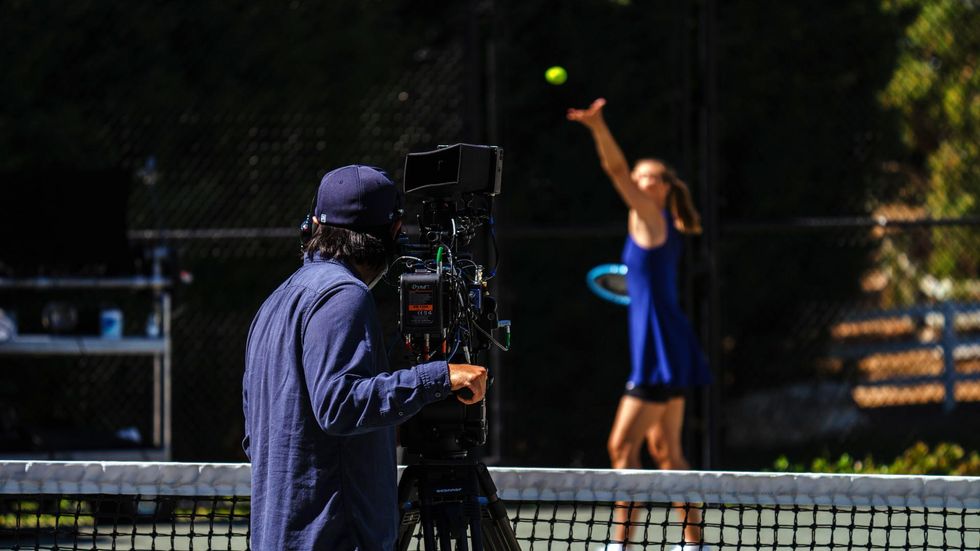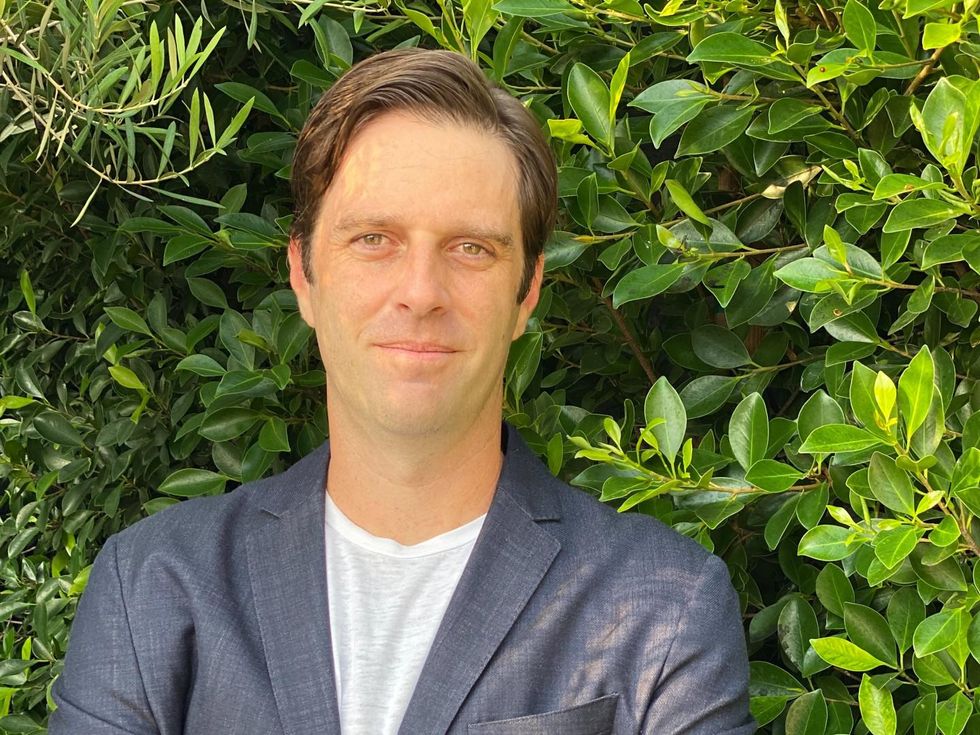With Lessons from Michael Phelps and Maria Sharapova, The Skills Looks to be the Master Class for Athletes
Breanna de Vera is dot.LA's editorial intern. She is currently a senior at the University of Southern California, studying journalism and English literature. She previously reported for the campus publications The Daily Trojan and Annenberg Media.

The Skills wants to be the master class on sports and life.
The Los Angeles-based startup launched two months ago and offers classes from gold medal Olympians — including swimmer Michael Phelps and volleyball player Kerri Walsh Jennings — and Grand Slam tennis Champion Maria Sharapova.
On Friday, it announced that it closed a $5 million seed round to expand its online sports education platform. Investors include Boston-based Will Ventures, Global Founders Capital, 8VC, Maveron, Hack VC and Correlation VC.
Omer Atesmen, the founder and chief executive officer of The Skills, arrived at the idea for the company while in Japan last year, where preparations for the 2020 Summer Olympics were underway. Having sold his second company, Clean Energy Experts, in 2015, he was ready to take on a new project, and saw an opportunity in creating online sports education from the biggest names around the globe.
"There's just a ton of people who are admired worldwide and who have a lot to teach," he said. "I had seen some of the online educational platforms that were popping up, like MasterClass, and a few others. And it occurred to me that there was a real opportunity to verticalize premium online education in the sports and wellness space."

The Skills offers multi-episode classes from top-tier sports players and lesser known ones as well. National Football League "Anything But Ordinary" Player of the Year Larry Fitzgerald has signed on. The company recently inked a partnership with two-time World Cup Champion and gold medalist Megan Rapinoe.
The online classes cover specific techniques used in sports, but also explore essential skills such as leadership and teamwork that athletes at the top of their game must master. Sports are central, but each course's themes apply to non-athletes as well — one course examines recovering from an injury. The classes are short, often no longer than 10 minutes.
Athletes have complete control over the curriculum they teach in each video, but the company provides them background and research to build their classes around.

"They talk about how to handle pressure, how to think about leadership," said Atesmen. "I'm not a professional athlete, but those are the stories that, when you ask our users — or even me, specifically — give me the biggest goosebumps."
The company will be choosing athletes and topics based on user feedback. Atesmen said he expects to release a few more courses before the end of the year.
This investment round was led by Will Ventures, an early-stage venture firm focused on sports-centric innovations.
"As a former player, I've seen how the lessons learned in sports transcend far beyond the playing field," said Isaiah Kacyvenski, co-founder of Will Ventures, in a statement. "There's huge potential to democratize these insights, and The Skills is in the position to lead the charge. We believe in the power of their platform, and their ability to unlock learnings from the greatest athletes that have risen to the top."
- Champions Round Fantasy Sports App Raises a $1M Seed Round - dot.LA ›
- Bright Raises $15 Million To Bring Celebrities To Platform - dot.LA ›
Breanna de Vera is dot.LA's editorial intern. She is currently a senior at the University of Southern California, studying journalism and English literature. She previously reported for the campus publications The Daily Trojan and Annenberg Media.



 Image Source: Skyryse
Image Source: Skyryse
 Image Source: Northwood Space
Image Source: Northwood Space